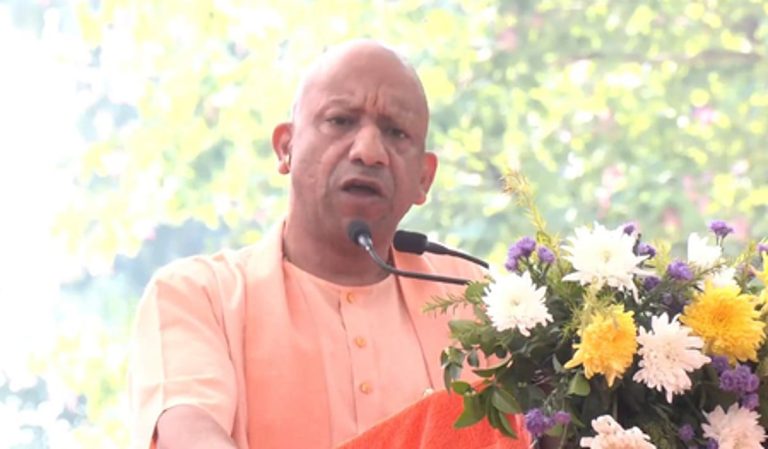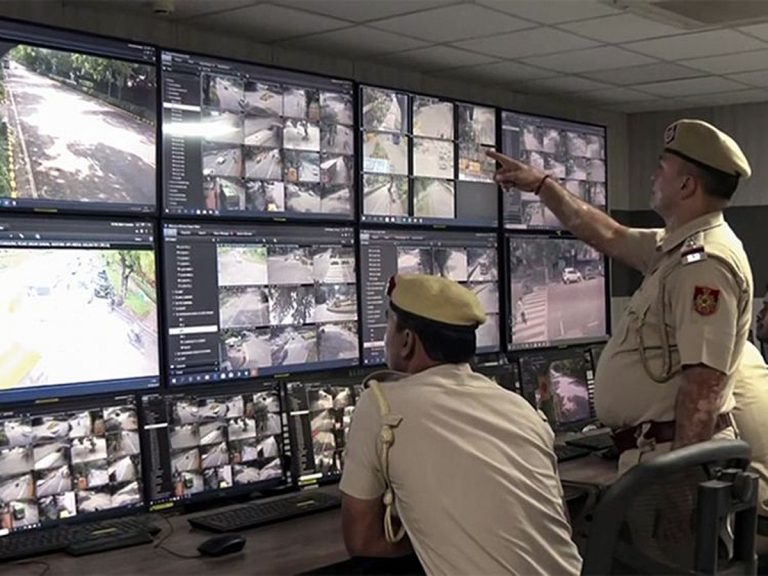Bengaluru Man Loses ₹3.2 Million to Online Dating Scam
A recent incident in Bengaluru highlights the dangers of online dating scams, particularly in elite social circles. A 63-year-old resident of Horamavu lost a staggering ₹3.2 million after falling victim to a fraudulent scheme that began with a seemingly innocent WhatsApp message.
The Scam Unfolds
The victim received a message from someone claiming to represent a prestigious dating agency. After paying a nominal registration fee of ₹1,950, he was presented with photos of three women and asked to choose one. He selected a woman named ‘Ritika,’ and their conversations quickly transitioned from text to video calls.
As their communication progressed, another individual, ‘Priti,’ entered the chat, claiming to assist with the logistics of their budding relationship. This marked the beginning of a series of requests for payments under various pretenses, including coordination fees, verification charges, and travel expenses.
Financial Losses Accumulate
Over several weeks, the man transferred funds to multiple accounts, ultimately totaling ₹3.2 million. When he hesitated to make further payments, the scammers resorted to issuing legal threats, prompting him to seek help from the authorities.
Police Investigation
The East CEN Crime Police have opened a case under the Information Technology Act, 2000, and the Bharatiya Nyaya Sanhita for cheating and impersonation. Investigators are currently tracing the bank accounts involved in the scam and examining transactions across different states.
Broader Context of Online Dating Scams
This incident is not isolated. Similar scams have been reported in various cities, with a notable case in March 2025 where the Delhi Police Special Task Force arrested a group accused of defrauding men through dating apps like Tinder and Bumble. A report from February 2025 revealed that 39 percent of online dating interactions in India might involve fraudulent identities, with 77 percent of users encountering fake or AI-generated profiles.
Cybersecurity experts warn that criminal networks are increasingly employing sophisticated tools, including deepfake images and cloned voices, to create believable online personas, making it harder for victims to discern authenticity.
Safety Recommendations
In light of these incidents, Bengaluru Police have issued warnings to the public. They advise against transferring money to individuals or agencies offering dating or matchmaking services through messaging platforms like WhatsApp. Instead, they recommend verifying such services through official company websites and government-registered portals.
FAQs
What should I do if I suspect an online dating scam?
If you suspect you are being scammed, cease all communication with the individual and report the incident to local authorities immediately.
How can I protect myself from online dating scams?
To protect yourself, avoid sharing personal information and never send money to someone you have not met in person. Always verify the identity of individuals through trusted channels.
Are online dating scams common in India?
Yes, online dating scams are increasingly common in India, with many users encountering fake profiles and fraudulent schemes across various platforms.
Conclusion
The case of the Bengaluru man serves as a stark reminder of the risks associated with online dating. As scams become more sophisticated, it is crucial for individuals to remain vigilant and informed. Authorities continue to investigate these fraudulent activities, and public awareness is essential in preventing future incidents.
The rise of online dating scams has coincided with the increasing popularity of digital platforms for social interaction, particularly during and after the COVID-19 pandemic. As people turned to online dating as a means of connection during lockdowns, scammers exploited this trend, often targeting individuals seeking companionship or emotional support. The anonymity of the internet allows fraudsters to create convincing narratives, making it challenging for victims to recognize the signs of deceit until significant financial losses occur.
Law enforcement agencies are now prioritizing the investigation of such scams, recognizing the need for specialized training in cybercrime. Collaboration between local police and cybercrime units is essential to effectively tackle these issues, as scammers often operate across state and national borders. Public awareness campaigns are being developed to educate potential victims about the risks associated with online dating, emphasizing the importance of skepticism and due diligence when engaging with unknown individuals online.
Also Read:
Emergency Calls Rise in Ras Al Khaimah, Police Respond Swift
Highlights of the 2025 Sharjah International Book Fair
Cebu Flood Control Efforts Under Investigation After Typhoon







